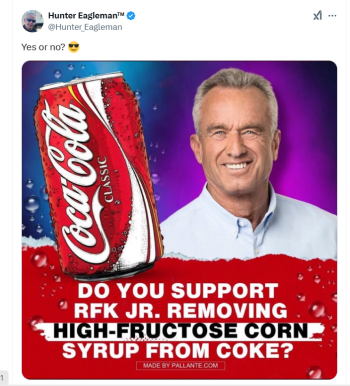etc, article has good information to read , and what was once thought good and healthy was just plain wrong.
The “Heart Healthy” Era
In the eyes of the public, vegetable oils were gaining popularity and viewed as healthy, despite an increasing prevalence of chronic diseases, like
heart disease, throughout the early 1900s.
Of course, correlation does not equal causation, but if the consumption of a food is increasing in line with increasing rates of chronic disease, it warrants further consideration.
With heart disease steadily on the rise, researchers all over the world began speculating on what was to blame. Many researchers concluded that heart disease was caused by smoking and brought on by other health issues like
obesity and diabetes.
Other researchers pointed the finger more closely at our diets, noting the low incidence of heart disease in cultures eating traditional, pre-industrial diets [
*,
*].
One of the most well-known hypotheses for the uptick in heart disease was that saturated fats and cholesterol were to blame and that replacing them with vegetable oils would be healthier.
Vegetable oils generally contain low levels of saturated fat and were proven to lower serum cholesterol levels in clinical trials. However, lower serum cholesterol levels did not translate to fewer heart attacks, longer life, or better health [
*,
*,
*].
Before any human trials had been conducted, leading health organizations began recommending vegetable oils as a possible means of preventing
heart disease and reducing the risk of heart attacks and strokes.
These recommendations had a massive influence on the way that our nation thought about fats, and the food industry stood to benefit. Products that were formulated with vegetable oils and lower amounts of saturated fat could be marketed as heart-healthy.
After suffering a heart attack at age 64, even President Eisenhower adopted recommendations to consume less fat and replace the fat he
was consuming with vegetable oils under the direction of his doctors. For the first time in history, Americans were tuning into real-time updates on a president’s health condition — twice per day press conferences for weeks.
The president’s diet was generally low in fat, but when he did eat fat, he relied on soybean oil, corn oil, and margarine. Though President Eisenhower’s health continued to decline, his doctor’s dietary recommendations would help shape the way the world dealt with heart disease and other chronic diseases for the coming decades.
Vegetable oil consumption would continue on its upward trajectory, with soybean oil taking the lead in the 1940s and 1950s, surpassing the use of cottonseed oil, butter, and lard [
*].
Thanks to advances in processing and hydrogenation, the characteristics of soybean oil could be customized to meet the needs of producers. As a result, soybean oil was popularized and highly marketable for a number of different food applications.

 www.the-express.com
www.the-express.com









